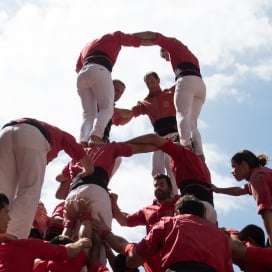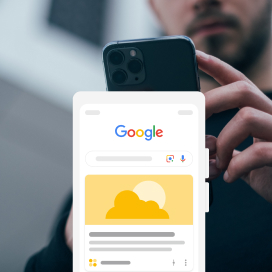Written by Fani Sánchez
Fernando Maciá, Ismael El-Qudsi and Fernando Muñoz have opened the forums that the Spanish Association of Online Media -MediosOn- held for the first time with the aim of reflecting and sharing knowledge and experiences in the world of Digital Media.
This first edition of the MediosOn forums focused on SEO applied to online media. The various media partners submitted 25 questions that were answered on the spot by the three speakers and SEO experts.
Specific topics for digital media were discussed, such as the generation of multiple URLs per update of the same news item. Is it advisable to do so, because of the possibility of being treated as ‘Breaking news’ and topping the search engines? Or would it be treated to some extent as duplicate content and we should generate 301 or canonical redirects?
Social networks also played a special role. Fernando Maciá believes that“SEO will have to evolve to adapt to the media in which people interact and make more social searches“. Pinterest also had a special role. because how much impact does this social network have on the positioning of images in search results? Qudsi stated that “
I don’t think Pinterest has direct effects on SEO or Google images, but it’s clear the effect it has on visibility and referral traffic, and I believe not so much in SEO as in visibility as an overall concept
“.
The eternal clash between the SEO’s vision and that of the journalist was also the subject of discussion. Who should write what? Fernando bets on “
SEO training for journalists
“as an optimal combo for the positioning of the digital media.
The media’s audience share on the Internet represents a large part of its total audience. Good rankings in generic search engines or other search engines such as Google News are a considerable advantage for search engines. Therefore, Web positioning and all the aspects it entails are becoming increasingly important for online media.



